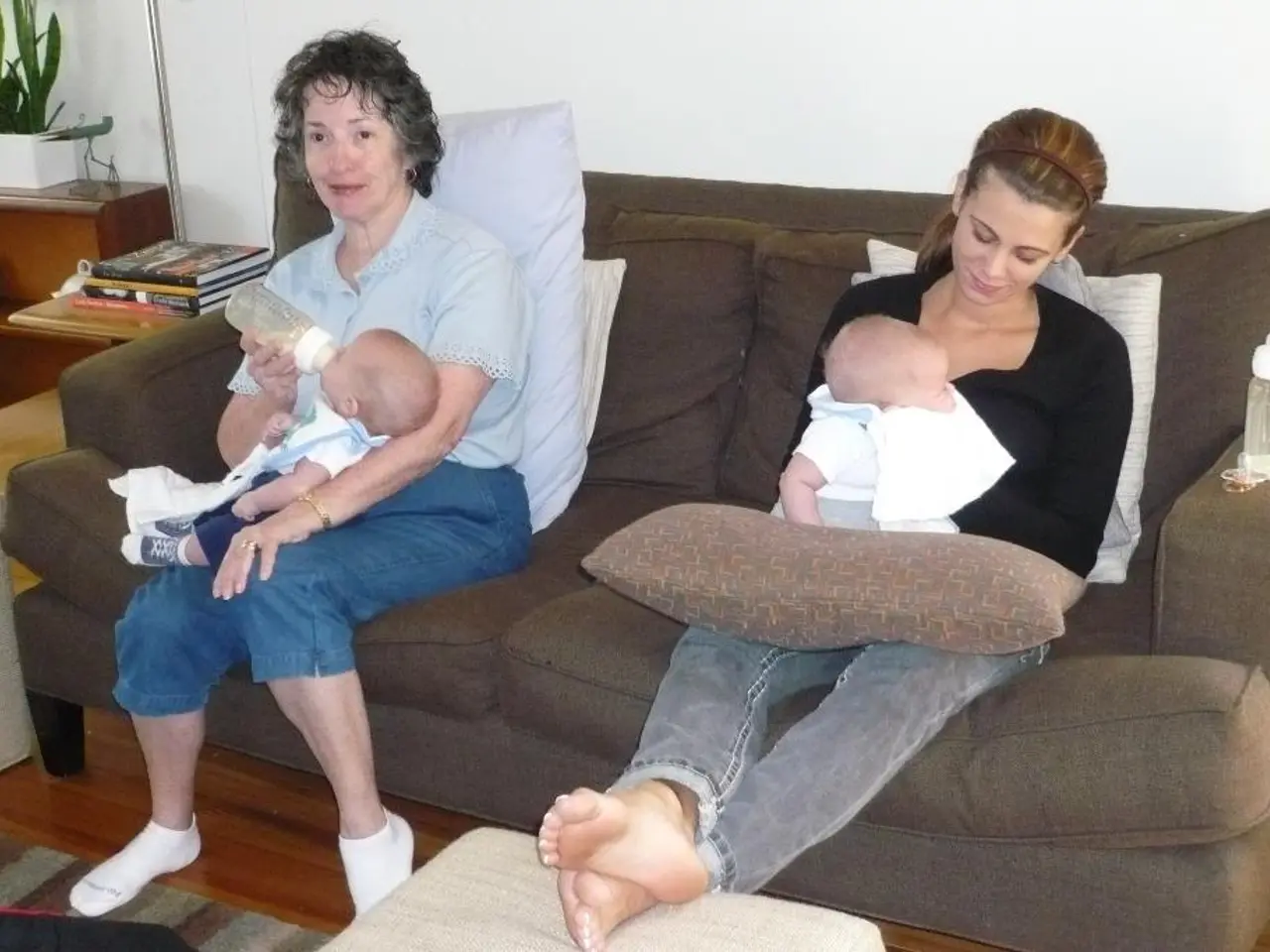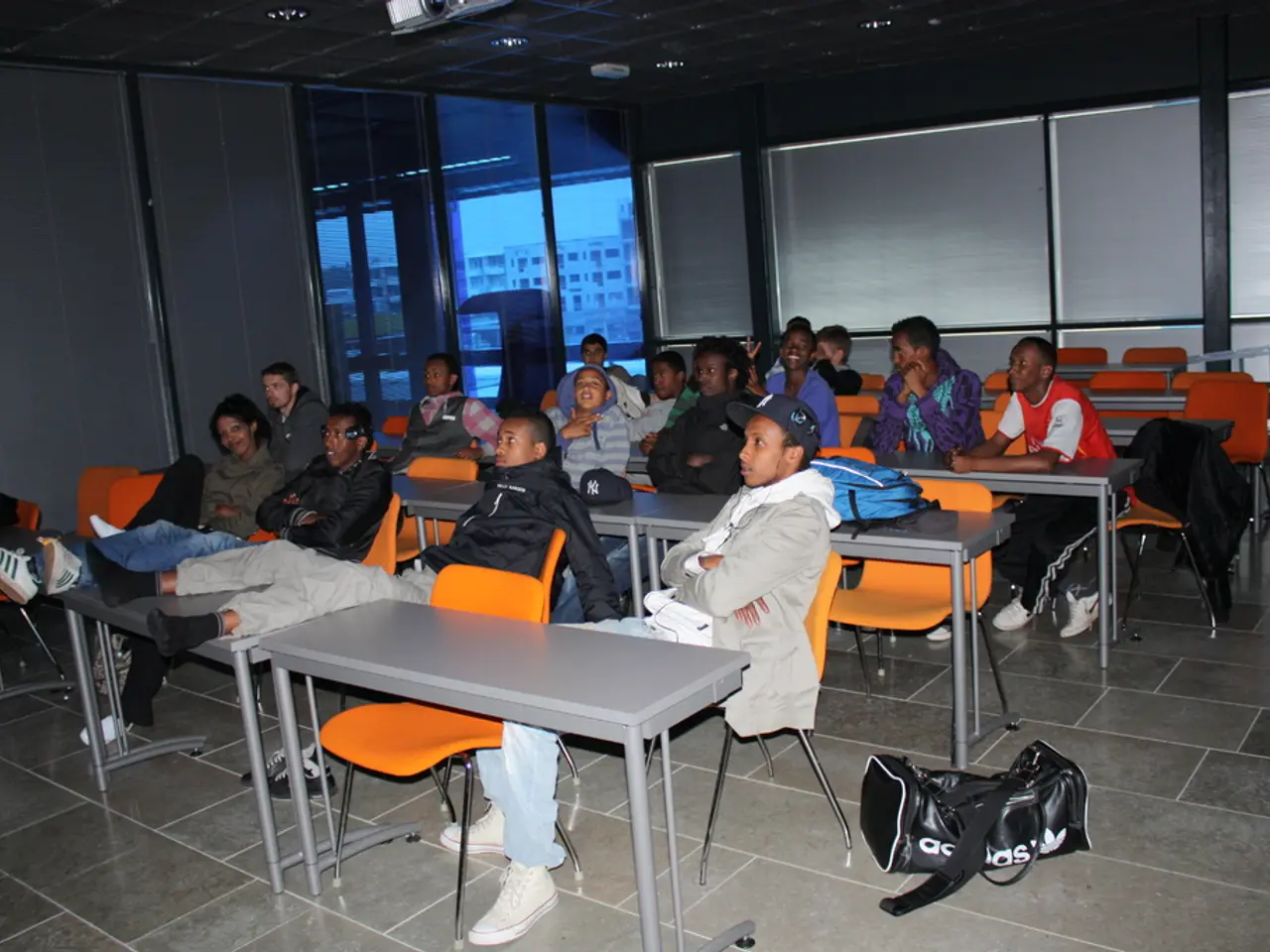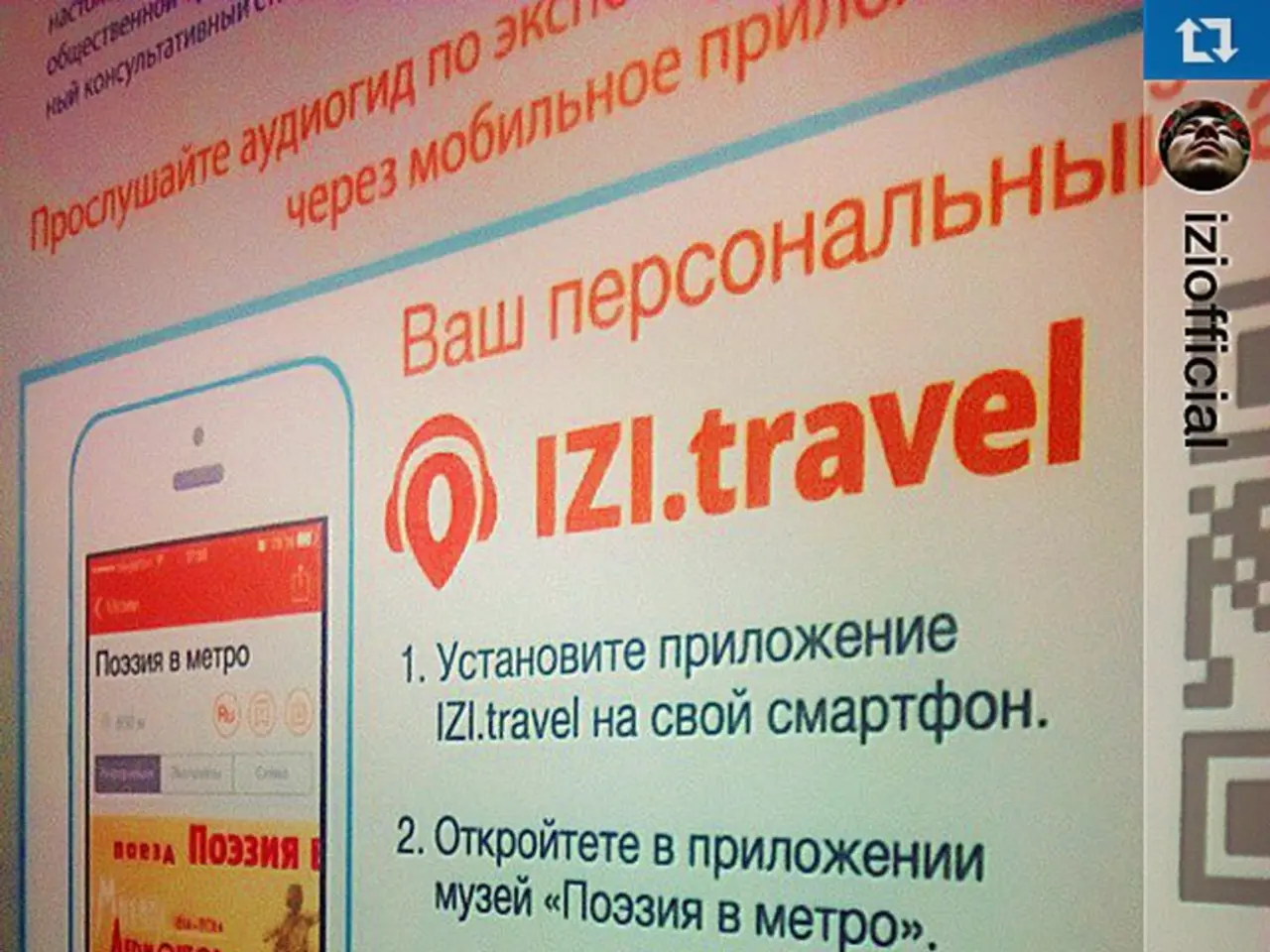Support for student mothers in Tomsk: Financial aid of up to a living wage to be provided.
The Russian government has taken a significant step to support young families, particularly student mothers, by increasing maternity and childbirth benefits. The new law, which is yet to be adopted by the Federation Council and signed by President Putin, promises to offer much more substantial financial support during the 140-day maternity and childbirth leave period.
Currently, benefits for students, postgraduates, and participants in additional education programs are calculated based on scholarship amounts, resulting in payments of roughly 2,000 to 5,000 rubles per month. However, under the new legislation, the payments will be raised to the minimum subsistence level applicable in the region where the student lives.
This change will significantly boost the average benefit to approximately 90,202 rubles for the entire maternity leave period, representing a substantial increase from the previous amounts. The exact amount of the benefit will depend on regional living costs, ranging from about 74,000 rubles in some regions to as much as 235,000 rubles in wealthier areas.
The law covers students enrolled in universities, continuing professional education organisations, and scientific research institutions. It is set to come into force on September 1, 2025. Notably, the maternity allowance will be paid by Russia's Social Fund from the federal budget, not from scholarships, reflecting a shift in the funding mechanism to support young mothers during their studies.
This legislative change is part of Russia's broader strategy to encourage larger families amid demographic challenges and low birth rates. State Duma Speaker Vyacheslav Volodin highlighted the law as critical for the country's development and population preservation.
In Tomsk Oblast, eight thousand large families have already received state support, making it a region where this aid has been particularly beneficial. The state support provided to these families has proven to be a significant aid, offering a full payment rather than a small stipend.
In conclusion, the new law offers much more substantial financial support for student mothers during maternity leave by tying benefits to local subsistence minimums rather than modest scholarship amounts, aiming to better support young women balancing education and parenthood in Russia.
The new legislation in education and self-development sectors, aimed at student mothers, will elevate their maternity benefits, no longer calculated based on scholarships but tied to regional minimum subsistence levels. This change in finance policies is expected to provide a substantial boost, with benefits potentially reaching up to 235,000 rubles in wealthier regions, significantly improving the average benefit of approximately 90,202 rubles.




